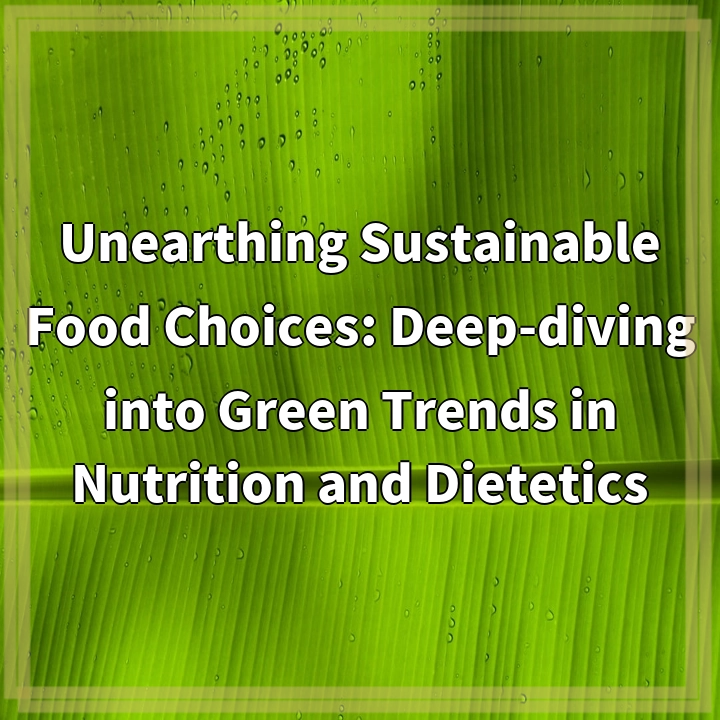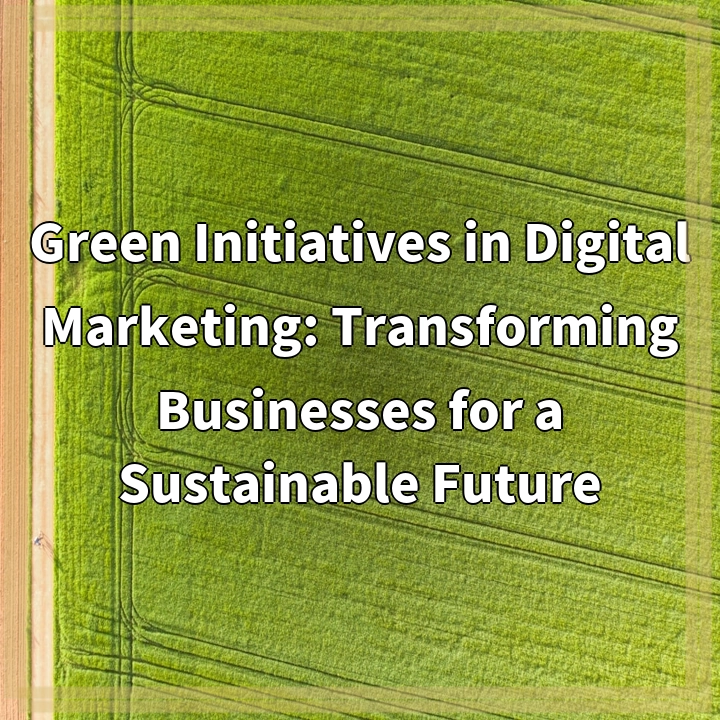
What it is:
Sustainable food choices in the field of nutrition and dietetics focus on selecting and promoting food options that have a lesser environmental impact and are socially responsible. It involves making conscious decisions about the types of food we consume, considering factors such as sourcing, production methods, packaging, transportation, and waste management.
Real-world problems:
1. Food Waste:
One of the significant challenges in promoting sustainable food choices is combating food waste. Approximately one-third of the world’s food is wasted, contributing to greenhouse gas emissions and other environmental issues. Educating individuals about reducing food waste and implementing strategies to divert surplus food from landfills is crucial.
2. Industrial Agriculture:
The dominance of industrial agriculture, which relies heavily on synthetic fertilizers, pesticides, and intensive livestock production, poses a threat to environmental sustainability. The excessive use of chemicals and land degradation lead to soil erosion, water pollution, and reduced biodiversity.
3. Unsustainable Fishing Practices:
Overfishing, destructive fishing methods, and bycatch are significant concerns in the fishing industry. These practices not only deplete fish populations but also harm marine ecosystems. Encouraging sustainable fishing practices, supporting local and responsible fishers, and promoting alternative seafood options can help address this issue.
4. Deforestation and Land Use Change:
The expansion of agriculture, primarily through clearing forests, contributes to deforestation and habitat destruction, leading to the loss of biodiversity and increased greenhouse gas emissions. Ensuring responsible land use practices, supporting agroforestry initiatives, and promoting sustainable farming methods can help mitigate these impacts.
By deep-diving into these real-world problems associated with sustainable food choices in nutrition and dietetics, we can work towards finding practical solutions and making informed decisions that have a positive impact on the environment and our health.

Solutions to Real-world Problems:
1. Food Waste:
Implementing strategies to reduce food waste, such as proper meal planning, portion control, and awareness campaigns, can help minimize the environmental impact. Additionally, supporting initiatives that redirect surplus food to those in need, such as food banks and community redistribution programs, can address the issue of food waste effectively.
2. Industrial Agriculture:
Transitioning towards sustainable farming practices, such as organic farming, regenerative agriculture, and agroecology, can help minimize the negative impacts of industrial agriculture. Supporting local farmers who prioritize sustainable methods and choosing organic, locally grown produce can contribute to a healthier and more sustainable food system.
3. Sustainable Fishing Practices:
Encouraging responsible fishing practices, such as implementing fishing quotas, supporting sustainable seafood certifications (e.g., MSC, ASC), and consuming alternative seafood options, like plant-based alternatives or sustainably farmed fish, can help protect ocean ecosystems and fish populations.
4. Deforestation and Land Use Change:
Promoting sustainable land use practices, such as agroforestry, which combines agriculture and forestry, can help reduce deforestation and ensure the preservation of biodiversity. Supporting initiatives that prioritize reforestation and forest conservation can also contribute to mitigating the environmental impacts of land use change.
By actively adopting these solutions and making conscious choices to support sustainable food systems, we can contribute to a healthier planet and a more environmentally friendly future within the realm of nutrition and dietetics.















